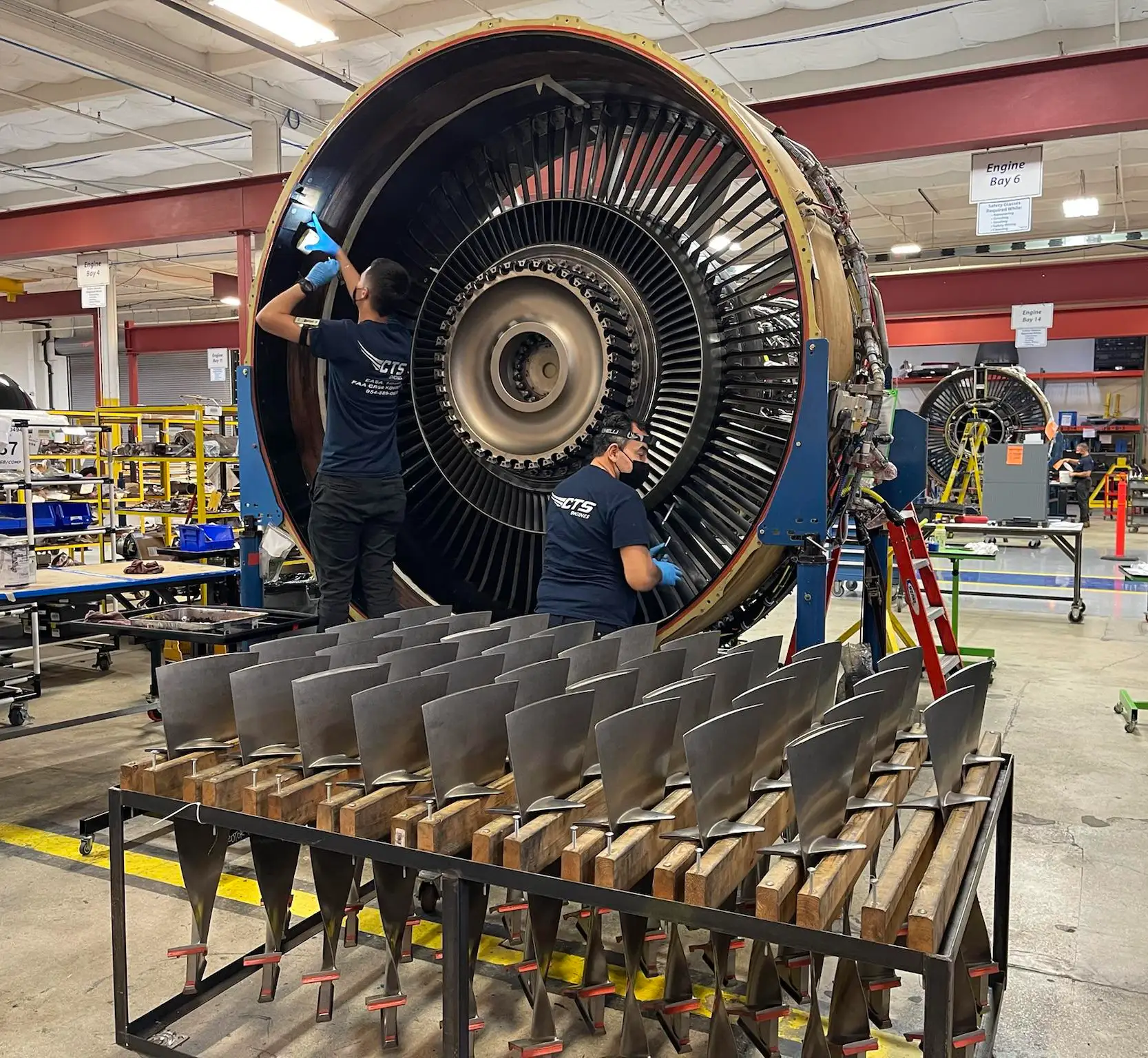A Total Overview to Choosing the Right Engine for Your Project
Choosing the suitable engine for your job is an important choice that can dramatically affect its general success. It is crucial to meticulously define your task requires, evaluate performance requirements, and think about user-friendliness together with various other essential factors. In addition, understanding the neighborhood support offered and inspecting cost effects can even more fine-tune your option. Each of these components plays a pivotal function in guaranteeing that your selected engine not only satisfies instant objectives yet additionally lines up with lasting desires. As we check out these considerations, you may find that the nuances of each element expose greater than at first expected.
Define Your Task Demands
Defining your task requires is a vital action in choosing the ideal engine for effective application. An extensive understanding of your project's objectives will lead you in determining the functions and capabilities called for from an engine. Begin by detailing the scope of your job, including the preferred functionality, target market, and the specific end results you intend to accomplish.
Next, take into consideration the technical demands that align with your job objectives. This includes examining the compatibility of the engine with existing systems, as well as the programs languages and structures that will be used. Additionally, examine the degree of scalability needed to suit future development or modifications popular.
Budget plan restraints likewise play a crucial duty in specifying your project needs. Develop a clear economic framework to direct your decision-making procedure, ensuring that the engine selected fits within your budget plan while providing the needed functionality.
Evaluate Performance Demands

Next, think about the scalability of the engine. Examine whether it can take care of raised work as your task expands. Engines that sustain straight scaling are often more suitable for larger applications. Furthermore, examine the engine's efficiency under different conditions, such as peak usage scenarios, to ensure it meets your integrity standards.
Take Into Consideration Convenience of Usage
While technological specs are vital, the simplicity of use of an engine can considerably impact the development procedure and general project success. An intuitive user interface, clear documentation, and streamlined operations can substantially lower the discovering contour for programmers, allowing them to focus on creativity and analytic rather than grappling with facility tools.
When reviewing an engine's simplicity of use, take into consideration the onboarding experience. A well-structured introduction, full with tutorials and sample tasks, can assist in a smoother transition for new customers. Furthermore, the clarity and comprehensiveness of the engine's paperwork play a vital duty; detailed overviews and API recommendations can encourage designers to repair and execute attributes efficiently.
An additional aspect to take into consideration is the engine's customization abilities. An engine that enables simple modifications can be extra user-friendly, as designers can customize it to fit their particular requirements without comprehensive problem. Lastly, examine the operations integration with tools and systems you already make use of. A natural community can boost productivity and minimize rubbing during the advancement process. Eventually, picking an engine that focuses on convenience of usage can lead to a more effective and enjoyable development experience.
Assess Area and Assistance
The strength of an engine's neighborhood and assistance network can considerably influence a developer's experience and success. When analyzing an engine, take into consideration the size and task level of its area.
Furthermore, evaluate the accessibility of official support networks. Trustworthy documentation, receptive customer assistance, and normal updates are vital for addressing technological concerns and keeping your task on track. Engines For Africa. Energetic communities likewise foster cooperation, providing possibilities for networking and feedback, which can be very useful, specifically from this source for independent programmers or small our website teams
In addition, check out the presence of community-run events, such as hackathons or meetups. These gatherings can enhance your understanding of the engine while attaching you with skilled customers and possible collaborators. In recap, a robust community and support group not just simplify development however also develop an environment favorable to finding out and innovation, eventually improving the possibility of your task's success.
Compare Expense and Licensing Alternatives
Spending plan factors to consider play a vital duty in picking the appropriate engine for your project, as the cost and licensing options can considerably affect both short-term costs and lasting stability. Engines For Africa. Various engines supply differing rates frameworks, which can consist of single acquisition costs, subscription models, or revenue-sharing contracts based upon your project's profits

Certifying choices likewise vary substantially. Some engines are open-source, using versatility and community-driven support, while others may call for exclusive licenses that restrict use and circulation. Comprehending the ramifications of each licensing model is vital, as it influences possession legal rights, future scalability, and prospective legal commitments.
Verdict
To conclude, choosing the appropriate engine for a task demands a detailed assessment of specified task needs, performance demands, simplicity of usage, neighborhood support, and price considerations. By methodically attending to these vital factors, decision-makers can make certain positioning with both current and future project needs. A well-informed selection eventually enhances the probability of project success, allowing effective source allotment and taking full advantage of potential end results within the specified monetary restraints.
Choosing the appropriate engine for your task is a vital choice that can considerably influence its overall success.Defining your task requires is an important action in selecting the proper engine for Source successful application. A thorough understanding of your project's purposes will certainly direct you in recognizing the features and capacities required from an engine.When you have a clear understanding of your task needs, the next step is to examine the efficiency demands of the engine.In verdict, selecting the proper engine for a task necessitates an extensive analysis of specified project demands, performance demands, convenience of usage, community assistance, and price considerations.